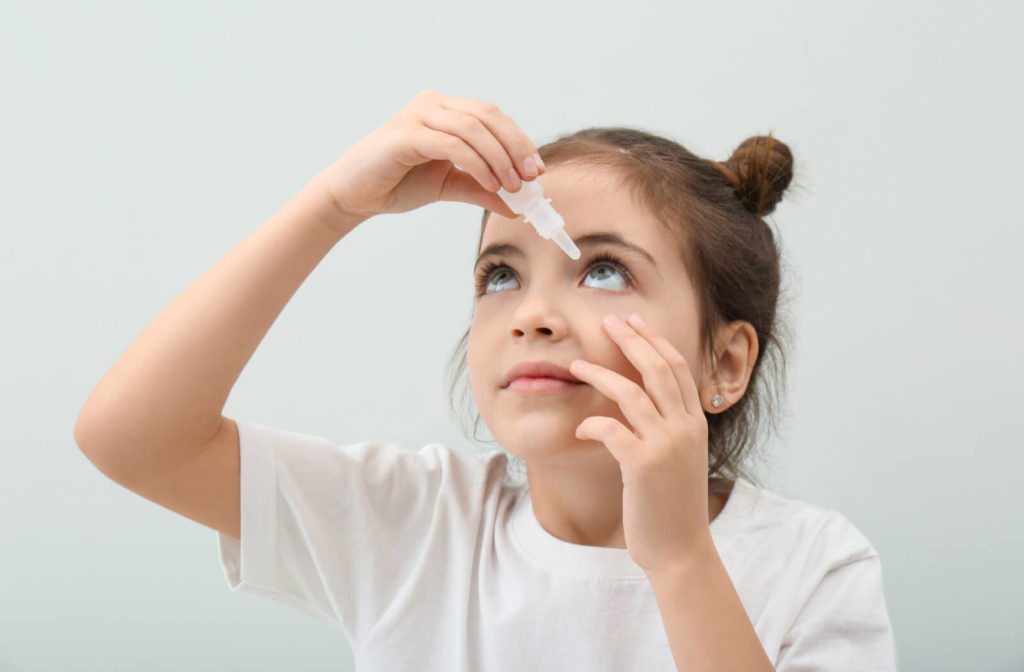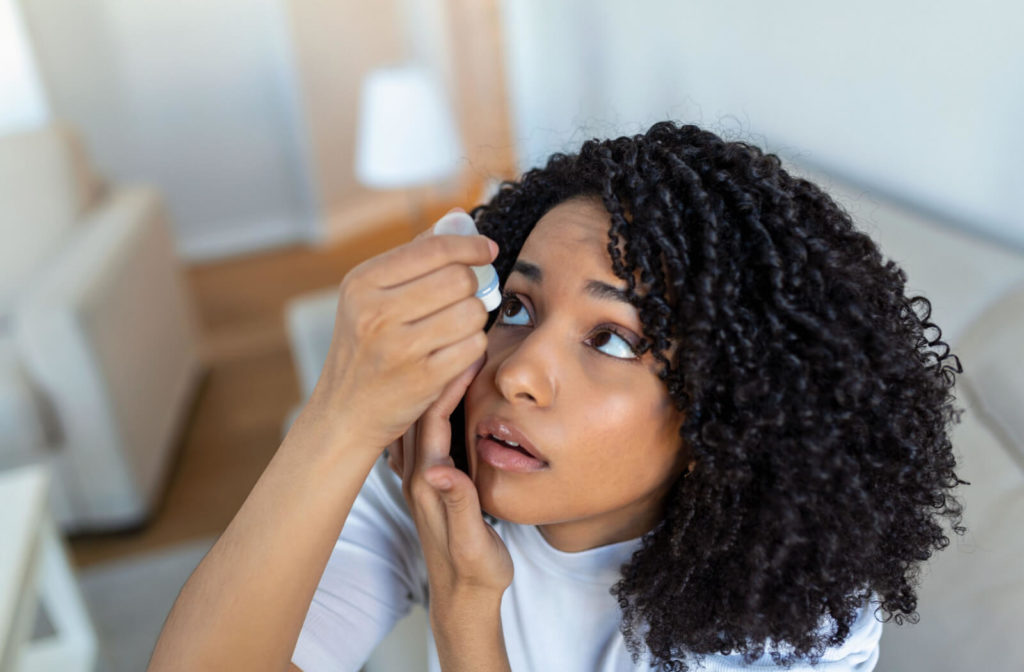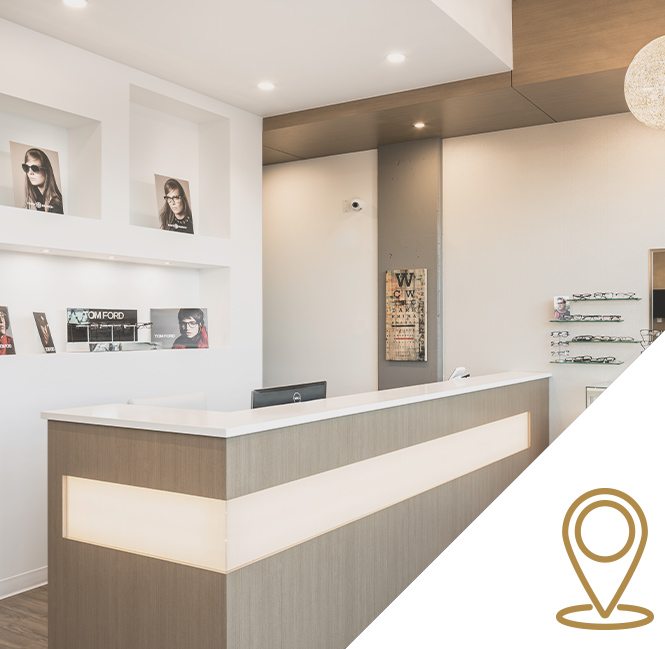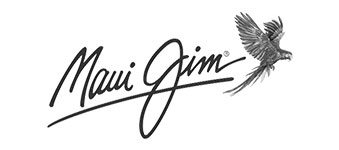Myopia is becoming more common worldwide. High myopia in adulthood is thought to be the result of school-age onset myopia not being properly treated.
Because of this, it’s important to use effective myopia control measures in younger children, which may include preventing myopia onset as well as slowing myopia progression.
Fortunately, there are many options when it comes to managing a myopia diagnosis. There are special contact lenses used to slow progression, as well as atropine eye drops, just to name a few.
Your eye doctor may have already used atropine eye drops on you during an eye exam to dilate your eyes, so you might be wondering if your child should be using them for myopia control.
What Is Myopia?
Myopia, also referred to as nearsightedness, is a very common vision condition that is typically identified before the age of 20. Even though it might seem a little counterintuitive for some, your distance vision is what’s impacted when you’re nearsighted. Think of it as your near vision is what you see best, thus “nearsighted”.
Objects that are far away, like road signs or aisle markers in a grocery store, are difficult to see but are easy to see when they are close by. Myopia is becoming so common that by 2050, more than 50% of the world’s population will be myopic.
When we talk about untreated myopia in childhood resulting in high myopia as an adult, it’s because myopia is caused by an elongation of the eyeball. As children grow, so do their eyes, lengthening the eyeball even more. When left untreated there is no slowing down of this elongation until about 20 years old.
Can Untreated Myopia Lead to Vision Loss?
Nearsightedness increases the risk of a detached retina. The tissue lining the back of your eye lifts or separates from the eye wall causing this retinal detachment.
This is a severe eye condition that can lead to blindness, so if you or your child have severe nearsightedness you should schedule a routine eye exam with your eye doctor as soon as possible.
Early signs of a retinal detachment include:
- Seeing flashing lights suddenly
- Noticing many new floaters at once. These can look like specks, squiggles, or lines in your field of vision
- A shadow appearing in your peripheral vision
- A dark mass or curtain covering part of your field of vision
What Are Atropine Eye Drops?
For many years, atropine eye drops have been prescribed in optometrists’ offices to dilate the pupil during an eye exam. The accommodative system of the eye is momentarily paralyzed and the pupil enlarges as a result.
The first studies using 1% atropine eye drops to slow the progression of myopia in children had significant side effects, including enlarged pupils that made the child more sensitive to light and blurred close-up vision.
It’s unclear how exactly atropine slows the progression of myopia, but instead of using the higher dose 1% atropine, studies in more recent years have focused on lower concentrations that have fewer adverse effects.
Atropine Eye Drops for Myopia Control
Children need a lower dose of atropine eye drops, such as 0.01%, 0.025%, or 0.05% concentration, to control their myopia.
Atropine generally has a better effect on controlling myopia at higher concentrations. A lower dose, however, lessens the chance of adverse effects, making it much safer for your child. Lower dosages of atropine drops are typically prescribed by an eye doctor.
Following a thorough eye examination and review of your child’s medical history, your eye doctor will suggest the dosage that will benefit them the most.
Even with a low-dose atropine treatment, myopia can’t be reversed, and children will still need glasses. However, they typically don’t experience nearsightedness as severe as children who haven’t had the treatment.

Can My Child Use Atropine Eye Drops In Combination with Other Myopia Treatments?
For controlling myopia, it is generally safe to combine atropine with specialized contact lenses.
Orthokeratology Lenses
Orthokeratology, or ortho-k, is a vision correction technique that involves temporarily changing the shape of the cornea with progressively flatter hard contact lenses.
The ortho-k lenses are used at night to reshape the cornea. Although the vision benefits are reversible, they can be maintained if the lenses are used as prescribed by your eye doctor.
When used together for the first 6-12 months, atropine 0.01% plus ortho-k appears to work better than ortho-k alone. This may be prescribed if your child’s vision continues to progress poorly while wearing ortho-k or if your eye doctor believes they are at a higher risk of rapid progression.
When your eye doctor deems it appropriate, they can start the additional myopia treatments, but you should start with one first.
Visit Your Optometrist to Control Myopia
Your eye doctor will be the best guide in determining what myopia control option is best for your child.
If you have any more questions about atropine eye drops for controlling myopia or other myopia treatment options, book an appointment with the team at Willoughby Doctors of Optometry











